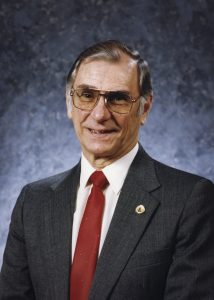
Courtesy Wise County Public Schools
by James C. Sherlock
Read the story, “House and Senate lay out dueling visions for education funding in Virginia,” in the Virginia Mercury this morning by the reliably thorough Kate Masters.
If you follow it, you, like everyone else in Virginia, can pick a side or pick provisions from both houses that you prefer.
What you won’t find in either budget version is an attempt to tackle the massive amounts of money that are wasted in plain sight. Much of the waste is attributable to faulty or non-existent assessments of need and misplaced local priorities.
The rest is traceable to the self-serving inputs of the schools of education, which have owned and operated the Virginia Department of Education (VDOE) for years. Continue reading

 by James C. Sherlock
by James C. Sherlock



 by Dick Hall-Sizemore
by Dick Hall-Sizemore by James C. Sherlock
by James C. Sherlock





